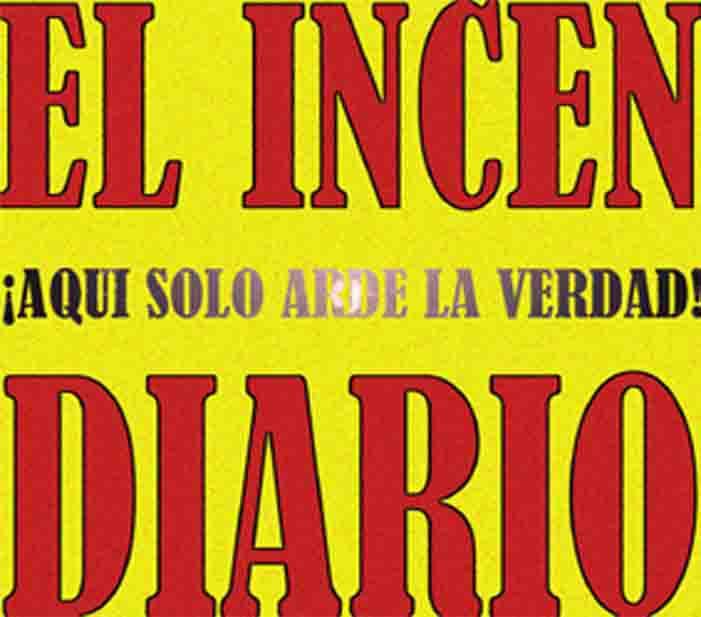Colombia
![]()
The Associated Press
Published: July 24, 2007
![]()
The decision was made to protest the Supreme Court's recent ruling that a demobilized paramilitary fighter in Antioquia state is not entitled to special benefits as a former subversive.
The reversal is the latest blow to a fragile 2003 peace accord that has led some 31,000 right-wing fighters to disarm but has been so far unable to provide reparations to their victims or wrest major confessions from some 60 jailed paramilitary warlords.
"With this decision the reconstruction of the historical truth, the handing over of mass graves and other legal obligations assumed under the peace pact are frozen," said Antonio Lopez, a spokesman for the jailed paramilitary bosses. "We can't allow our fighters to be treated like common criminals."
President Alvaro Uribe said Tuesday he disagreed with the court's ruling even as his ministers pledged to put the peace process back on track.
"I've repeated several times in the past five years of government: if the guerrillas are recognized as subversives, the same criteria should be applied to the paramilitaries," Uribe said.
On July 11, the Supreme Court quietly upheld a lower court ruling denying Orlando Cesar Caballero, a member of the United Self-Defense Forces of Colombia, benefits such as a maximum eight-year jail sentence in exchange for renouncing violence and confessing crimes to special prosecutors.
"To accept that instead of criminal conspiracy, paramilitary members committed treason not only supposes they acted with altruistic aims for the collective good, but also flaunts the rights of victims and society to obtain justice and truth," the court said.
Interior Minister Carlos Holguin said Tuesday he hoped to convince paramilitary bosses to fulfill their peace pledges at an August 14 meeting at the
"They have other institutional and legal mechanisms at their disposal and acting in this manner puts at risk their continued participation in the peace process,"
Paramilitaries accuse the government of backtracking on pledges made at the negotiating table after the the country's highest legal authority last May overturned key components of the legal framework under which the militias disarmed.
The paramilitaries were formed by wealthy ranchers in the 1980's to fight marauding leftist rebels, but they eventually took a leading role in
Several of the jailed warlords have been indicted for drug-trafficking by

No hay comentarios:
Publicar un comentario